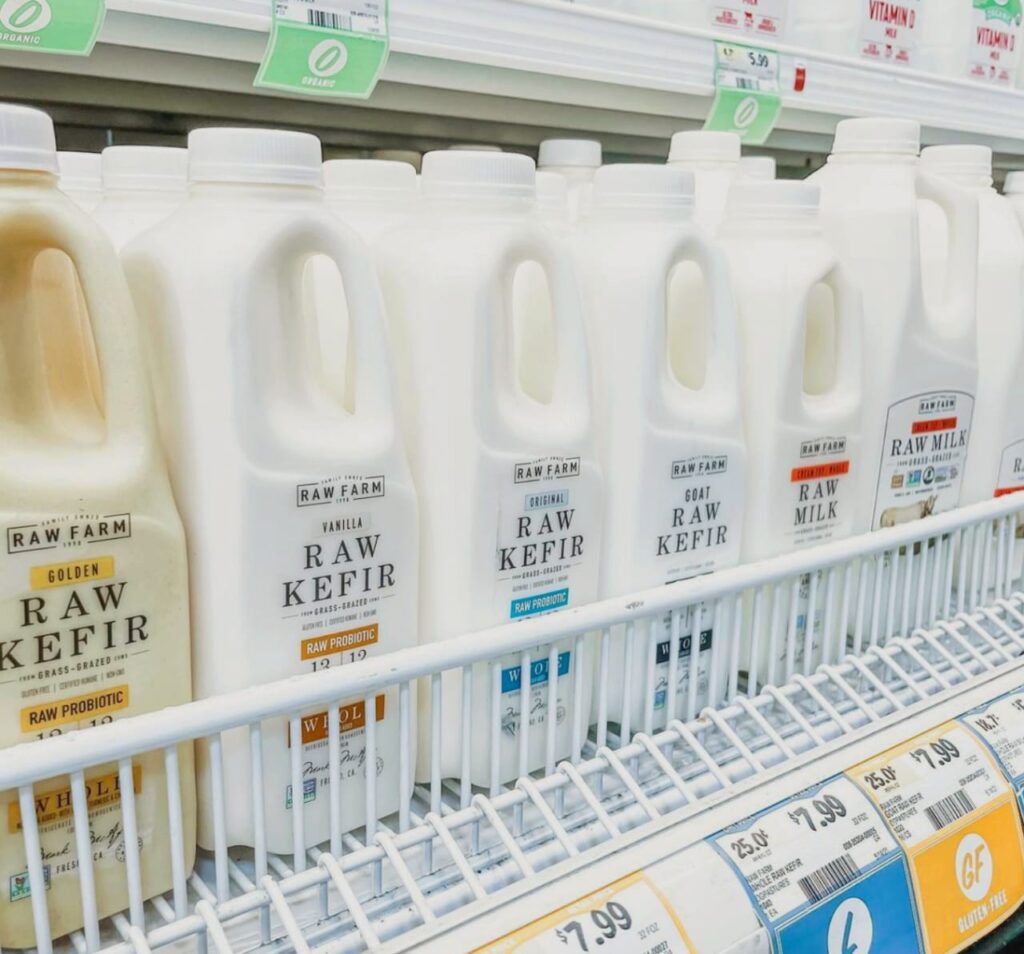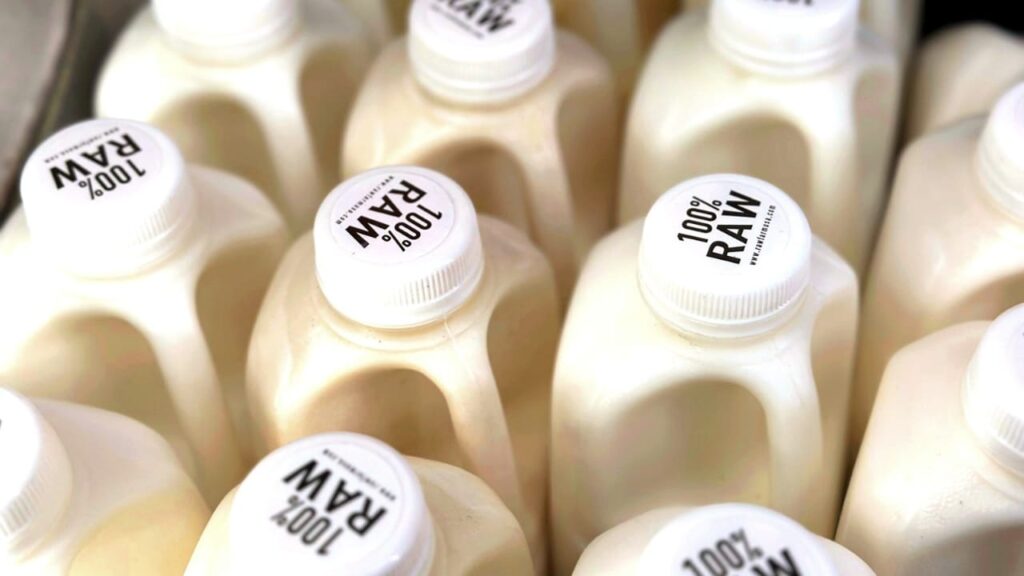The California Department of Food and Agriculture (CDFA) has issued a suspension on the distribution of Raw Farm raw milk products after laboratory testing detected the bird flu virus in milk samples. Steve Lyle, director of public affairs for the CDFA, stated that all operations at Raw Farm, from herds to bottled products, are now under quarantine. This suspension includes all raw milk product distributions.

Milk samples were collected on November 27 from bottled products and bulk milk storage at Raw Farm’s bottling facility. Laboratory results released on November 28 confirmed the presence of the bird flu virus. The CDFA emphasized that all tested milk remained at the Raw Farm facility and was not released to consumers.
Health officials in California had previously cautioned consumers against consuming two specific lots of recalled Raw Farm products. The affected lot codes are 20241119, with a best-by date of December 7, 2024, and 20241109, with a best-by date of November 27. Despite the recall, products from before the state testing may still be available on store shelves, though no new supplies will be distributed until the quarantine is lifted.
Federal, state, and county authorities continue to investigate the situation. Raw Farm has confirmed that their dairy herd shows no symptoms of bird flu. In a public statement, the company highlighted its cooperation with state regulators to ensure compliance. A social media post from Raw Farm acknowledged potential supply shortages, apologizing for any inconvenience caused to consumers.
The spread of bird flu has been a growing concern in the United States, affecting both poultry and cattle populations. Raw milk, a controversial product, has recently gained renewed attention and support from high-profile figures, including Robert F. Kennedy Jr., who criticized regulatory oversight of raw milk.
Raw milk is untreated milk that bypasses the pasteurization process, which is designed to kill harmful bacteria. While some advocates tout its health benefits, public health agencies, including the FDA, warn against its consumption. Raw milk can carry dangerous pathogens, such as listeria, salmonella, campylobacter, E. coli, and bird flu virus, posing significant health risks.

California health officials advise individuals, especially children, pregnant people, older adults, and those with weakened immune systems, to avoid consuming raw milk products. Past outbreaks linked to raw milk consumption have resulted in severe outcomes, including miscarriages, kidney failure, and fatalities.
The current investigation seeks to determine potential connections between bird flu found in raw milk and its spread among dairy cows, poultry, and humans. While no direct cases of bird flu in humans have been attributed to Raw Farm’s products, the situation underscores the ongoing threat of zoonotic diseases.
The US Centers for Disease Control and Prevention (CDC) reported 55 human cases of bird flu in 2024, with 29 occurring in California. Most cases involved farm workers who had direct contact with infected animals. Symptoms of bird flu in humans often resemble typical flu-like conditions, including eye redness, runny nose, sore throat, cough, fever, and fatigue. Severe cases may lead to gastrointestinal distress or difficulty swallowing.
California’s health department urges anyone who has consumed raw milk products and experiences symptoms to contact a healthcare provider or local health department immediately.
This suspension and ongoing investigation highlight the importance of food safety and rigorous monitoring of zoonotic diseases. Raw milk remains a contentious issue, balancing advocates’ claims of its health benefits against well-documented public health risks.
